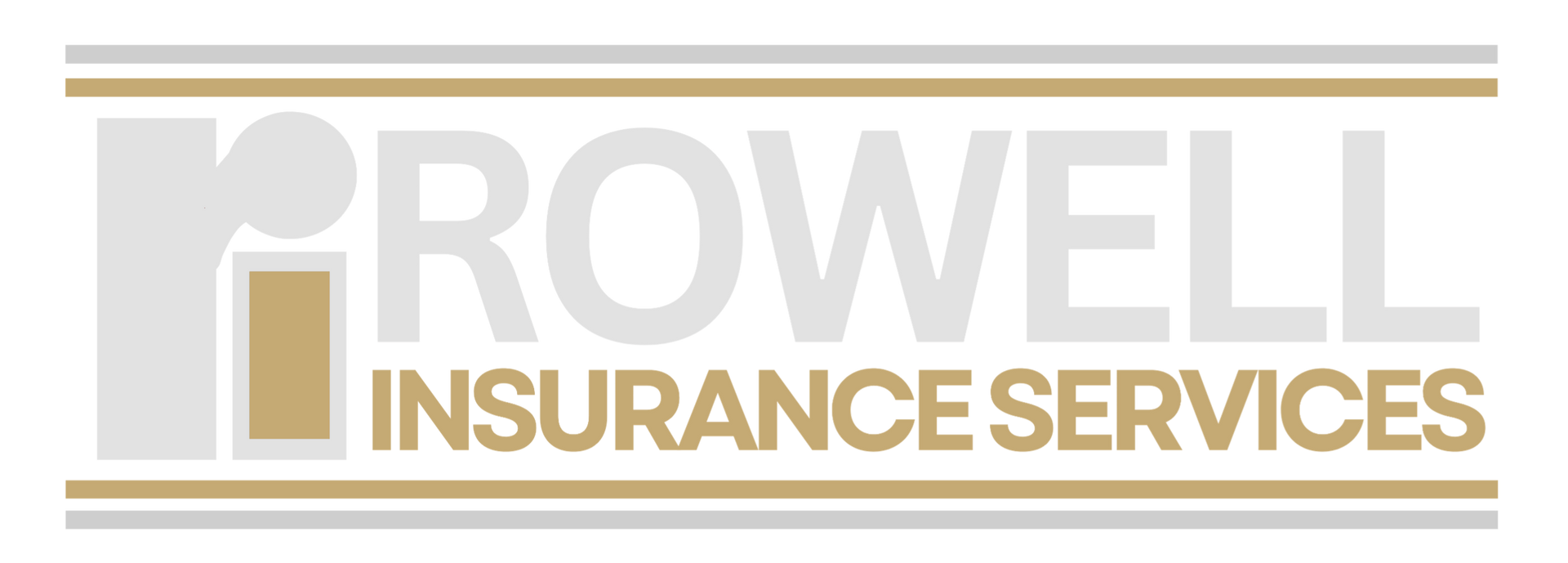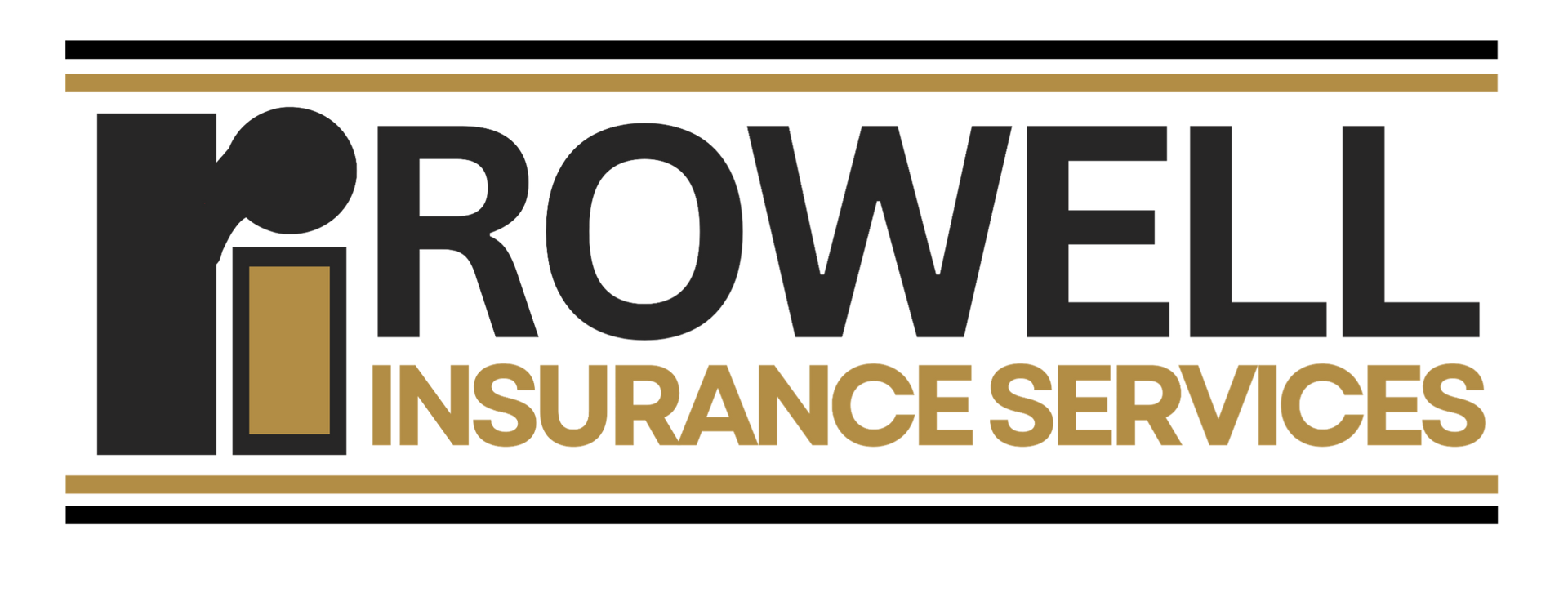Surety Bonds
Surety bonds are essential tools for protecting your business from financial losses due to broken contracts or incomplete work. If a contractor or business fails to meet the terms of an agreement, a surety bond ensures the party expecting the work (the obligee) receives compensation.
At Rowell Insurance Services, we offer a wide range of surety bonds to meet both commercial and construction-related needs. Whether you're a contractor bidding on large projects or a business owner required to hold a bond for licensing, we've got you covered.
Types of Surety Bonds We Offer
Construction Bonds
These bonds are commonly used in the construction industry to guarantee the fulfillment of a contract. Types include:
- Bid Bonds – Ensure that a contractor’s bid is made in good faith and that they intend to enter into the contract at the proposed price.
- Performance Bonds – Protect the project owner in case the contractor fails to perform according to the contract.
- Payment Bonds – Guarantee that subcontractors, suppliers, and laborers will be paid.
- Maintenance Bonds – Cover workmanship or material defects for a set time after project completion.
- Supply Bonds – Ensure suppliers deliver the promised materials.
- Subdivision Bonds – Required for public infrastructure work in new developments.
- Site Improvement Bonds – Guarantee improvements or renovations to existing property or infrastructure.
Commercial Bonds
These protect businesses and ensure compliance with laws, regulations, and specific obligations. Examples include:
- License & Permit Bonds – Required to operate legally in certain industries.
- Business Service & Janitorial Bonds – Provide protection against dishonest acts by employees while on a client’s premises.
- Court & Probate Bonds – Required for certain legal responsibilities (e.g., guardianship or estate administration).
- Employee Theft Bonds – Protect against losses due to employee dishonesty.
- Utility Bonds, Sales Tax Bonds, Custom Bonds, and Lost Title Bonds – Each fulfilling a specific business need or legal requirement.
How Surety Bonds Work
A surety bond is a three-party agreement:
- Principal – The person or business purchasing the bond and completing the work.
- Surety – The company that backs the bond and provides the guarantee.
- Obligee – The party requiring the bond (such as a project owner, court, or government agency).
If the principal fails to meet the terms of the agreement, the obligee can file a claim for compensation — up to the amount of the bond. If a claim is paid, the principal must reimburse the surety.
FAQs About Surety Bonds
How much do surety bonds cost?
Bond premiums typically range from 1–15% of the total bond amount. Factors like credit score, financial history, and bond type affect the rate.
Do I need perfect credit to get bonded?
Not at all. Good credit helps secure a lower rate, but many people qualify even with less-than-perfect credit. A co-signer may help lower your rate if needed.
Do I need a CPA financial statement to get a bond?
Yes — for contract surety bonds, a CPA-prepared financial statement is usually required.
What is an indemnity agreement?
This is a legal contract you sign when purchasing a bond. It states that you’ll repay the surety for any losses they cover on your behalf.

